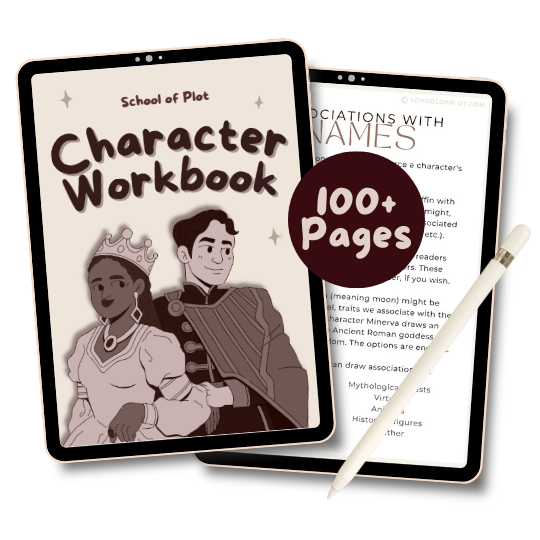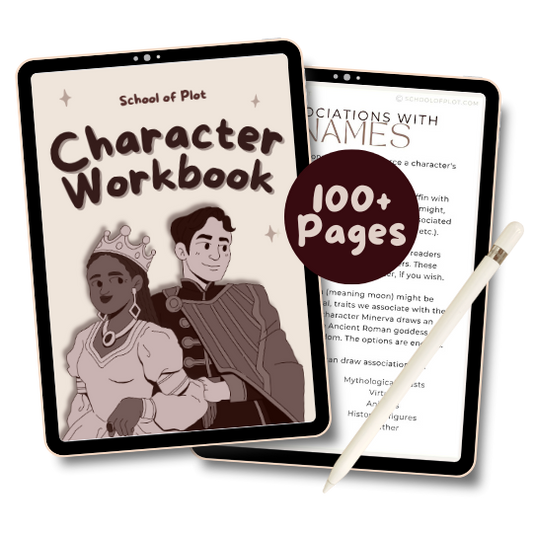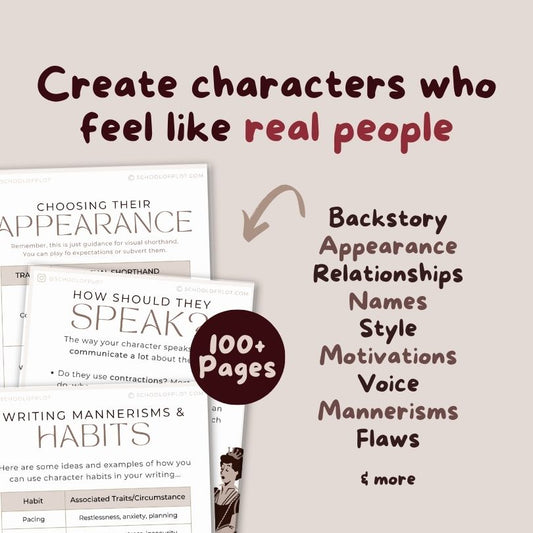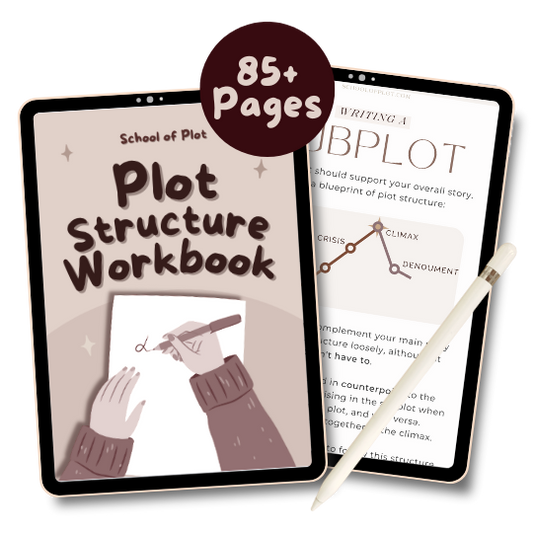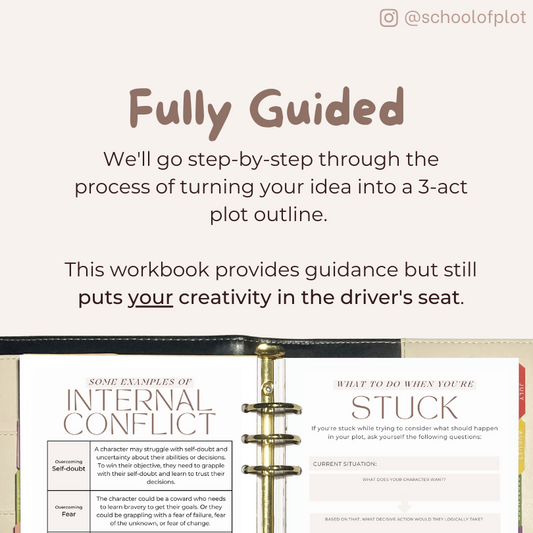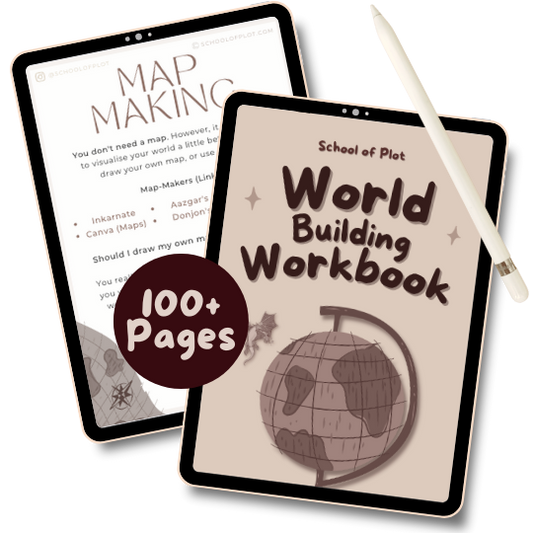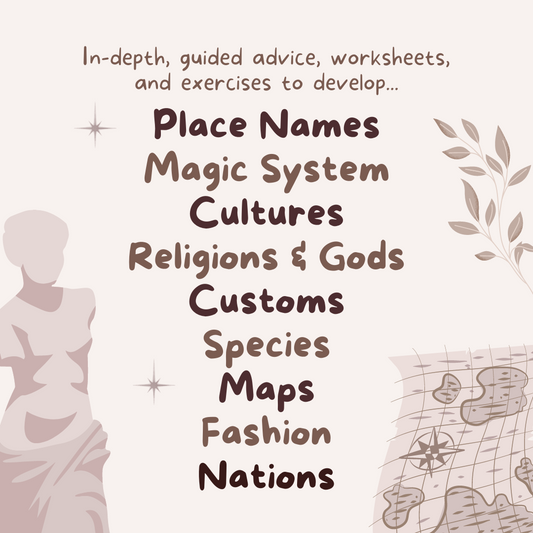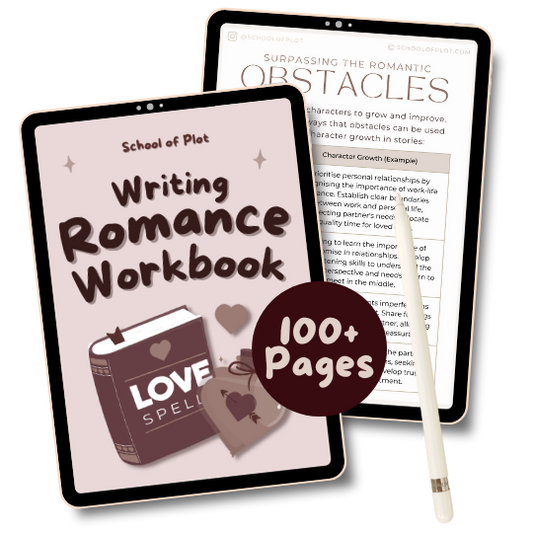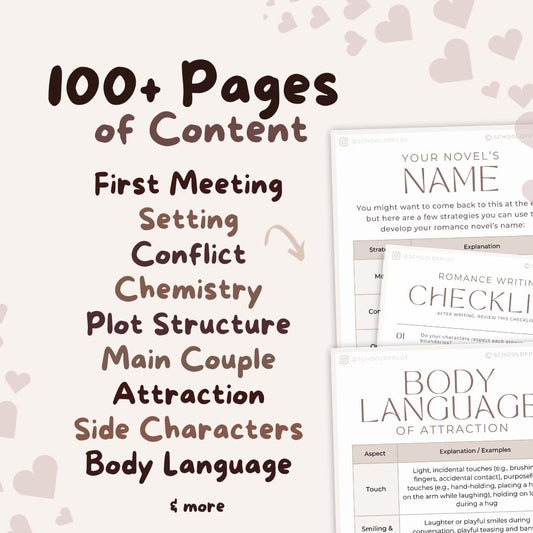One of my earliest memories of sharing my writing was when I submitted my work to a contest back in high school. I still remember being invited to a hotel by the sea in southern England to read my work aloud. It was a small contest in a small town, but it shifted the way I saw my writing.
Until then, I had a very solitary relationship with my writing. It was just me and the page. As I stood with my pitchy microphone in front of the contest judges, a third person entered this relationship: The Reader.
Since then, I've entered many writing contests. I've learned that most contests don't involve reading your work aloud or trudging to the British seaside in your best 'jeans and a nice top' combo.
I even had the privilege of judging a contest myself, sifting through 200 entries to choose my top four. For my juicy contest judge confessions (entry red flags, common cliches, and all that), read the blog post here.
This post is more educational and less entertaining. I'm going to use all my writing content experiences (as an entrant, winner, loser and judge) to give you all the tools you need to confidently submit your writing. I've also brought on a writing contest organiser (November Brown of Writes of November) to help me out.
What Makes a Piece Stand Out to Judges?
I asked a writing contest judge and organiser (@writesofnovember) about how what judges look out for, as well as some red flags and cliches that she’s used to seeing. You can listen to the whole chat for free here (on Spotify or Apple).
The 3 things she mentioned looking out for in an entry were:
- A captivating opening: Judges often see hundreds of entries, so a strong, attention-grabbing opening is essential. This doesn't mean you need to do something super flashy or profound on the first line/page. It's often more effective to raise a question that'll hook the reader.
- A strong voice: Whether your piece is conversational, poetic, or gritty, your voice should support that. This includes your tone, style, and choice of words. The things you focus on and the things you skim over. Who's telling the story? What do they sound like?
- Immersion into the story’s world: Judges are often looking for descriptions that evoke vivid imagery, strong emotional connections and a sense of place. Readers want to feel transported. This doesn't mean you need to pause the flow of the story to throw in 3 paragraphs about the texture of the carpet, but re-read your work to see if there are enough details sprinkled in that readers get a sense of your world.
Contest Entry Red Flags
November and I talked at length about red flags, cliches and mistakes. Some of the red flags mentioned were pretty easy to avoid such as:
- Glaring spelling and grammar errors: Multiple very obvious errors could be a sign that the work hasn’t been self-edited.
- Huge exposition dumps: Especially early on. It’s more engaging to reveal information at a natural pace.
- Starting too early: The story starts too far from the inciting incident, meaning the beginning drags. (Subjective! I recommend listening to the whole chat, we go into a lot more detail. Again, here are the links on Spotify or Apple).
When I judged a writing contest, I collected my own list of red flags. You can read about it here. It helped me remember that every judge will approach your piece with their own likes and dislikes. Often work isn't rejected because it's bad but rather because the judges found another piece more compelling.
Where Can You Find Writing Contests?
Steps Before You Submit...
If you've got a piece that feels ready to submit, run through this quick checklist:
- Format Your Piece Properly: Check the guidelines and see whether the contest requires any specific formatting. If not, a safe bet is shunn.net/format/classic
- Read the T&Cs: What happens if you win? Are you allowed to post that piece to your own website or do you need to take it down? Do you keep the rights? Are you required to do anything? Read the fine print.
- Get Some Feedback: From a friend, from a mentor, from an online critique group, whoever. If you’re paying an entry fee, you want to make sure your work is as strong as it can be.
Winning Is Great But Losing Is Also Productive
Hear me out! Stop throwing tomatoes at me! There’s always going to be some level of subjectivity in competitions. If you lose, it doesn’t mean your work is bad. Entering and losing is still productive because it allows you to:
- Familiarise yourself with the submissions process
- Learn to deal with rejection (a huge part of writing, wahey)
- Fine-tune your story, analysing what could make it stronger
If you want to check out my chat with November Brown (a writing contest organiser) for some inside tips, check it out for free on Spotify or Apple.
